When you’re sorry that you’re not sorry
| September 22, 2023
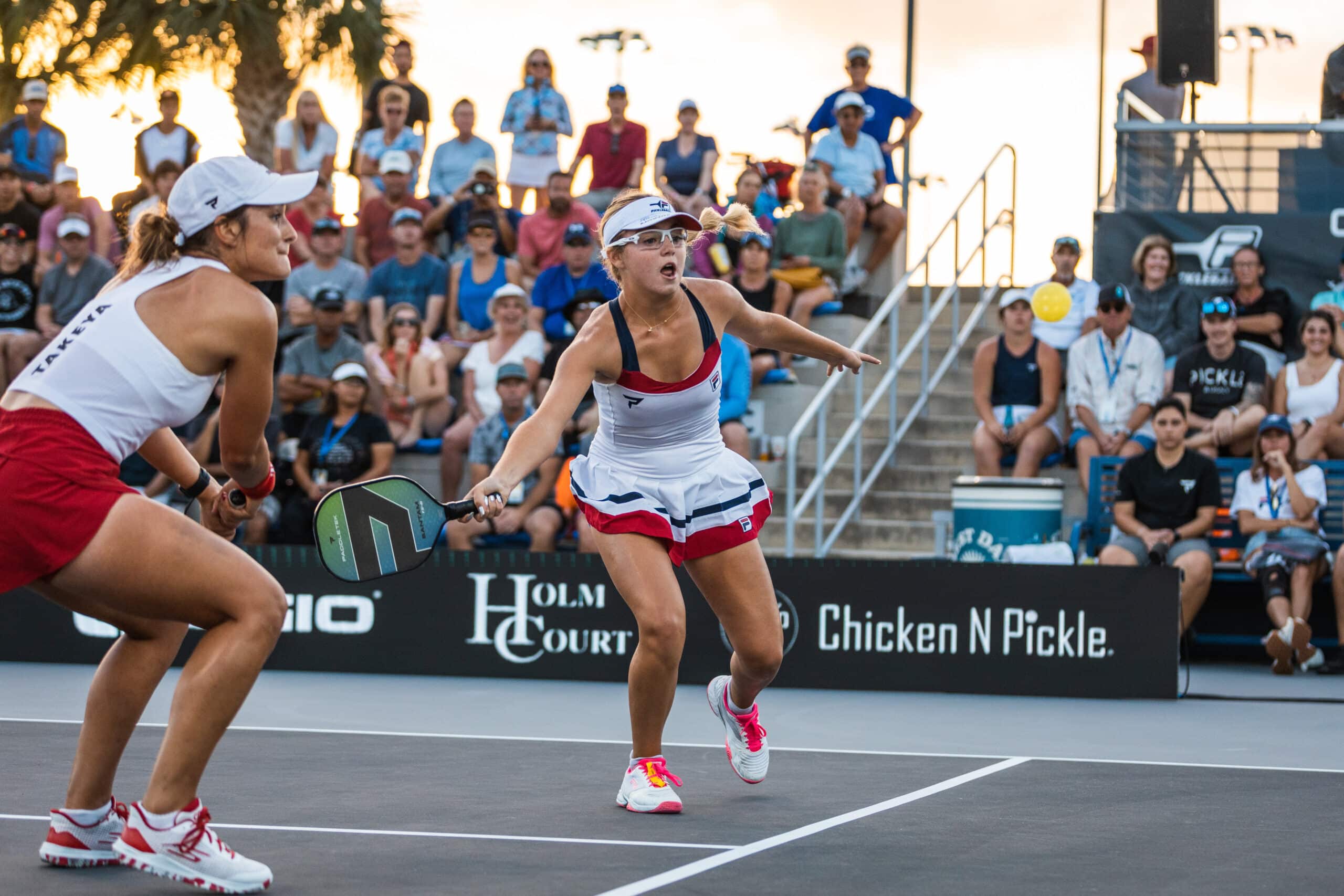
Truth serum time.
Be honest and true to yourself. Be vulnerable. It’s OK to admit it.
You’re not sorry and you never have been – probably won’t ever be. Your apology was as believable as a Bigfoot sighting and the only thing you’re truly sorry for is for not being sorry.
Your poor shot deserved to be a fault. Your partner knows it. The other team knows it. And with everything that’s right in your heart, you know it, too.
Only instead of a fault, the ball pops up and over the net, and lands safely in and away from your opponents. Point. Shrug. Wave to the other team. Mouth something that comes off as polite as you make eye contact with the folks on the other side of the net.
Are you sorry? Of course you’re not. It’s OK, no one else would be either. So, why do we say we are when we all know that, if forced, we’d fail any polygraph test?
“I think people and myself apologize after hitting the net cord because it is the sportsman thing to do,” said PPA Tour pro Anna Leigh Waters. “Even though, deep inside you are happy to win a lucky point.”
See, that’s the thing. Rec play, tournament play, professional play – we all want the point, yet we all seem to have this understanding that if the ball hits the cord and dribbles over, hits the cord and lands in or even hits the cord and bounces oddly off a paddle, we owe the other team some sort of explanation.
“You might say you’re sorry because it’s the observed etiquette,” said PPA Tour pro Collin Johns, “But if anyone is being honest, they are just sorry they don’t do it more often.”
After all, a ball that falls in is just as valuable as an around-the-post shot or a leaping Erne. One doesn’t count for more than the other, so, yeah, the more of those “lucky” shots, the better.
Still, right or wrong, knowing the other side knows you don’t mean it, you throw up a hand, a wave, and fake an apology. It’s what you gotta do, right?
“Yes, I pay attention to whether they apologize because it’s a lucky shot and you tend to notice all the lucky shots your opponents make,” Waters said. “Usually there’s one team that gets way more than the other team, and if it’s your team, that’s great, but if it’s not you, you really notice and it can get in your head.”
Seems Waters has touched on something here. It’s the unwritten rules and professional courtesy to some extent, but not others. It’s a written rule that a serve must clear the non-volley zone line. It’s an unwritten rule that anyone has to show a level of decorum or sportsmanship. A “sorry” doesn’t have to be said, and it certainly doesn’t have to be accepted. There are no tangible rules about when it’s OK to hit another player with the ball or when or how to celebrate a good shot, a point, or an opponent’s mistake. But when a player doesn’t observe the unwritten rules around these situations, it can affect others, as well as the game or match itself.
“When you are locked in the heat of battle in an intense match, emotions can rise high, and releasing some amount of intensity adds to the tension and quality of a match,” Johns said. “Shouting after nearly every point, making drawn-out eye contact with the opponents while shouting, or celebrating unforced errors, are all examples of what poor taste would be.”
Most would consider not apologizing, or at least pretending to apologize, after a ball hits the net cord and drops over, to be in “poor taste,” as Johns describes. Meanwhile, it’s ironic that trying to hit your opponent is an accepted strategy among high-level and pro players, although it should be noted that this tactic isn’t generally considered as acceptable in amateur or rec play.
But who’s to know what’s right and wrong and when a shot is OK and when it’s not and what good sportsmanship even is? These are difficult seas to navigate.
“I don’t care how the other team responds when they hit the net and it goes over,” said PPA Tour pro Allyce Jones. “I know a lot of pros look for an apology. I think it’s polite to apologize because it’s luck. Don’t get me wrong, I’m grateful I won the point, but it’s not the same satisfaction.”
It might not be the same satisfaction, but the point sure counts the same. And you might not mean it, but a simple wave can ease some of the frustration that the other team is probably experiencing.
“It’s something that is small and insincere, but when you’re on the raw-end of a net cord, it does make it just slightly less frustrating when you feel like luck intervened against you at a critical juncture in the match,” Johns said. “Obviously, since no player is aiming to clip the top of the net on purpose, there’s an element of luck to it.”
Have some thoughts about those lucky net cords? Tag @ppatour on social and let us know your opinion!

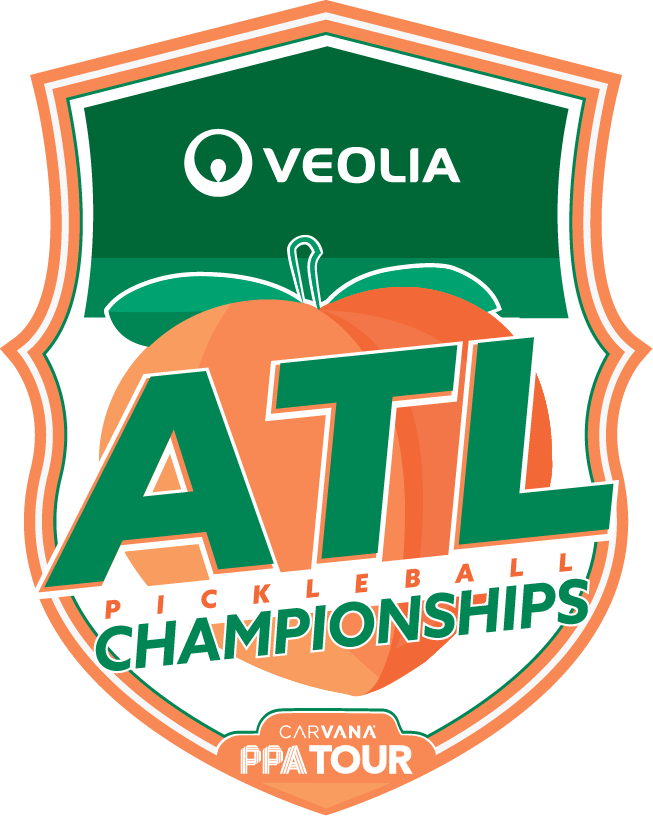
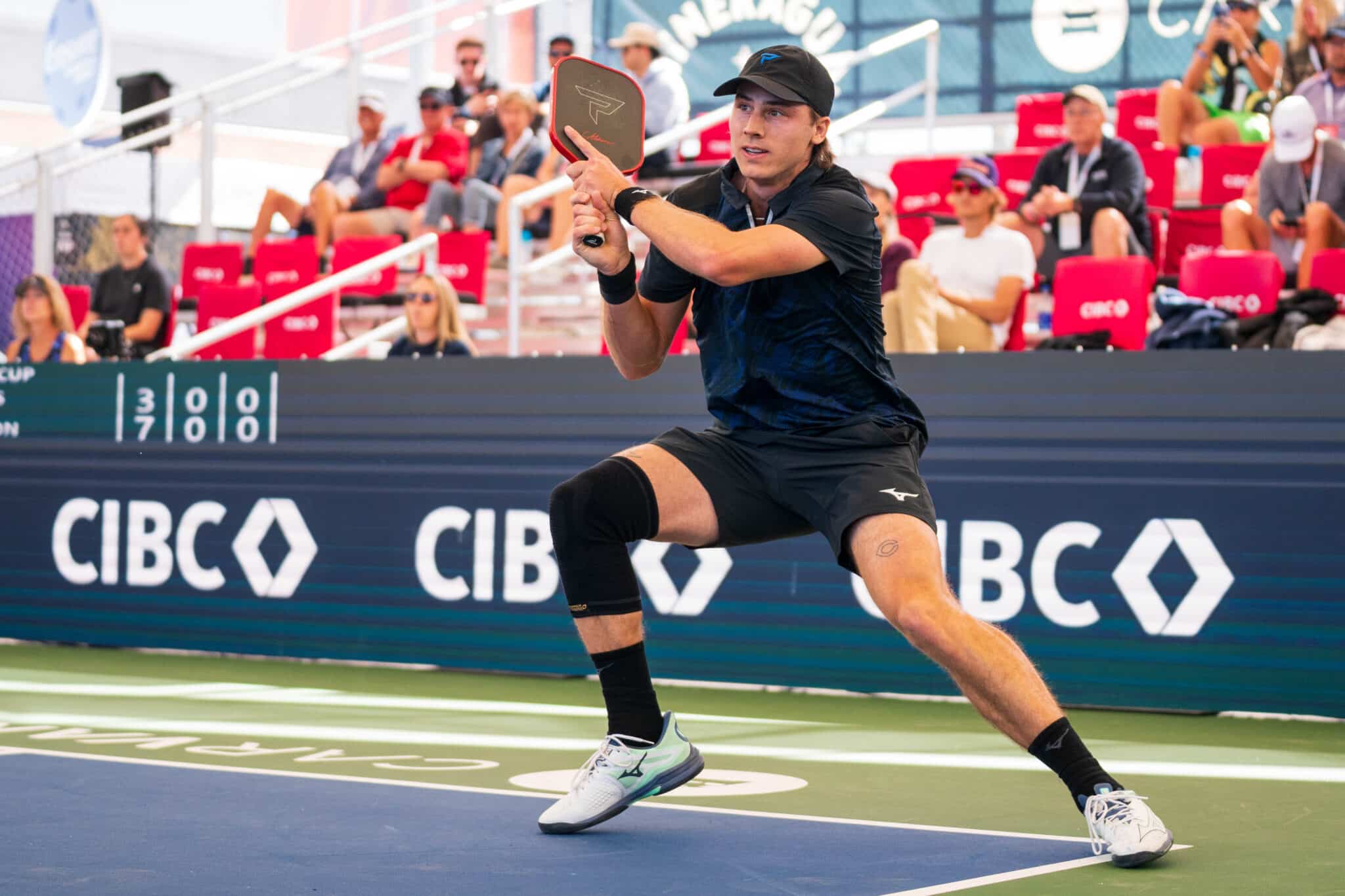
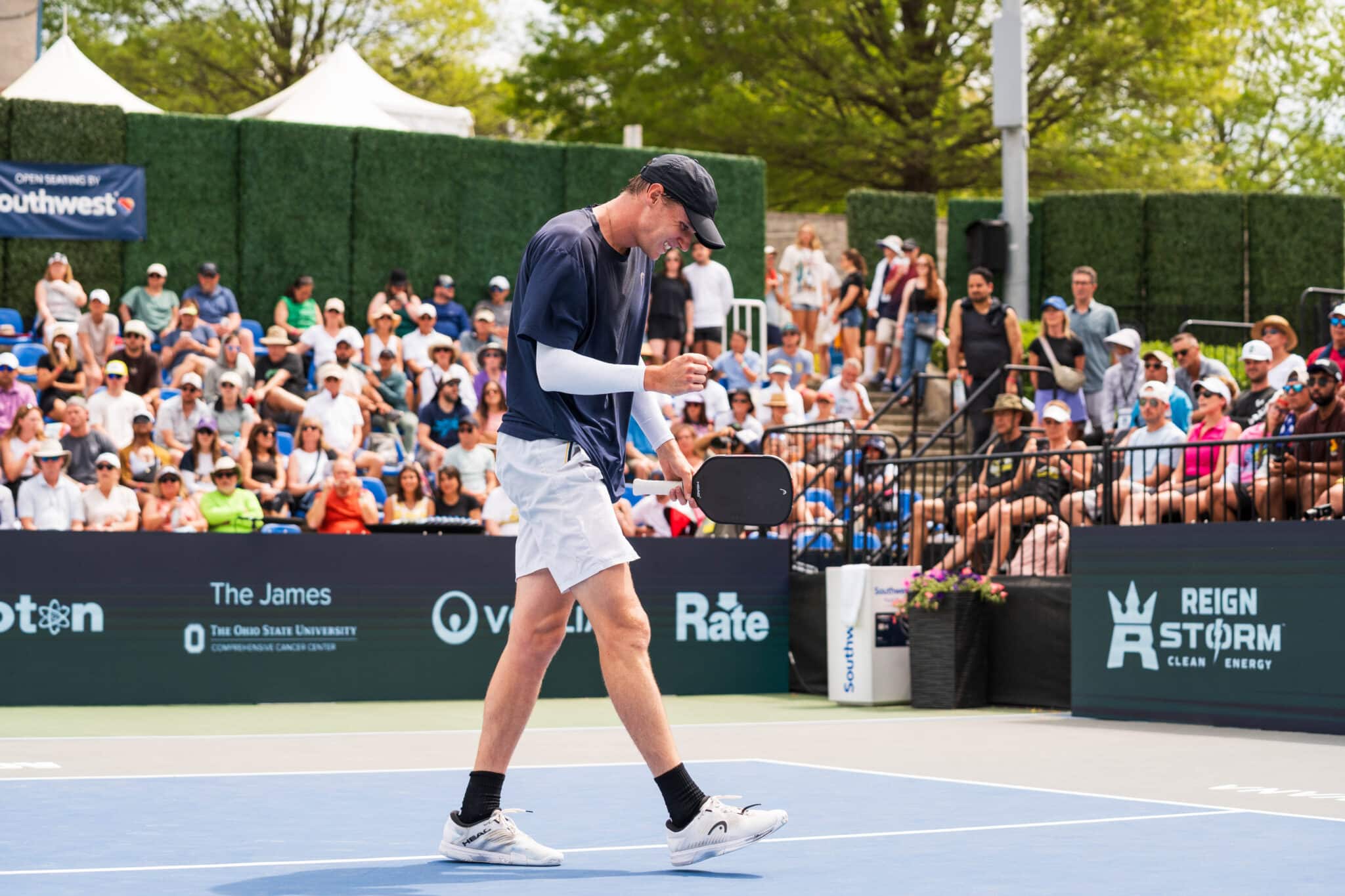
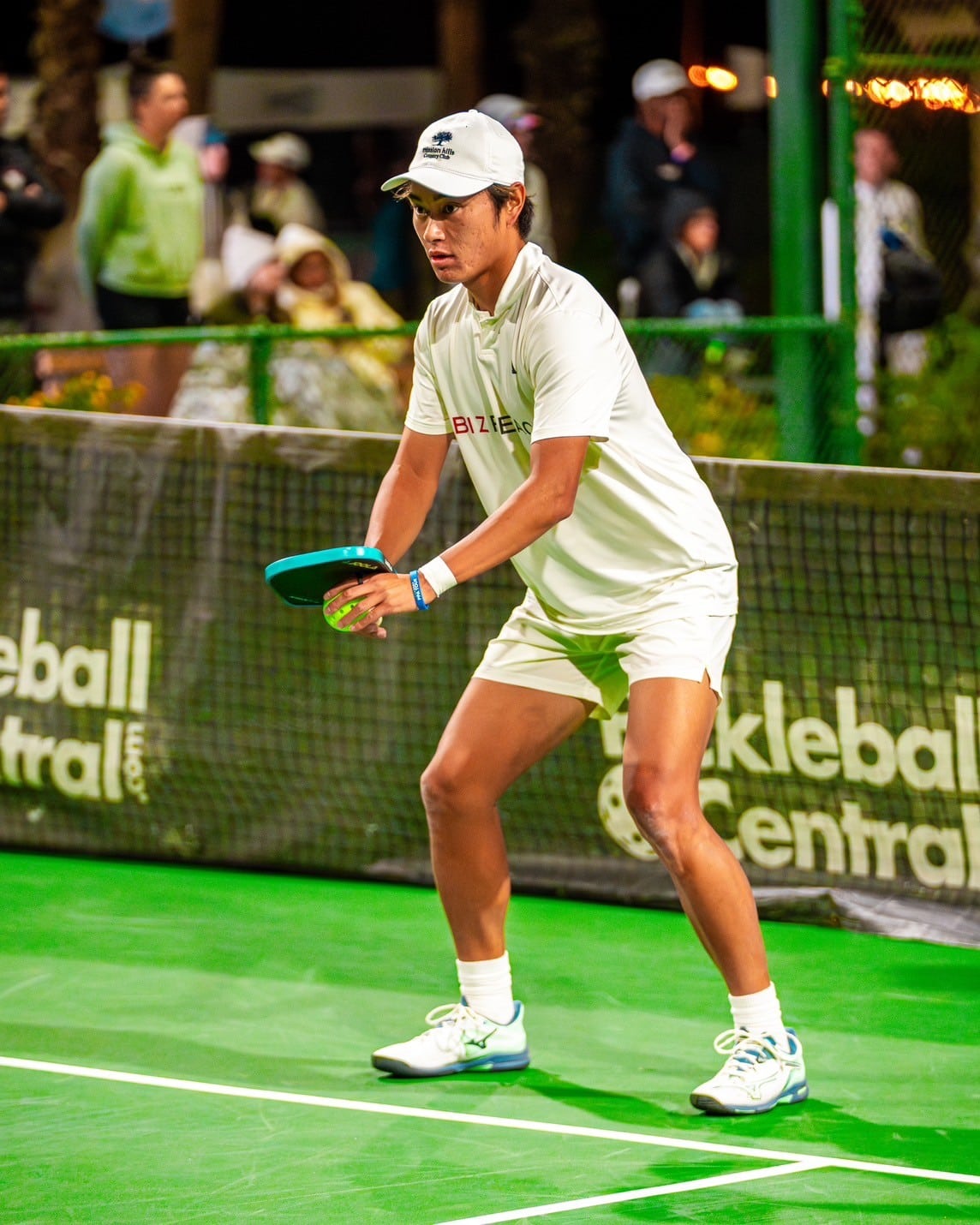
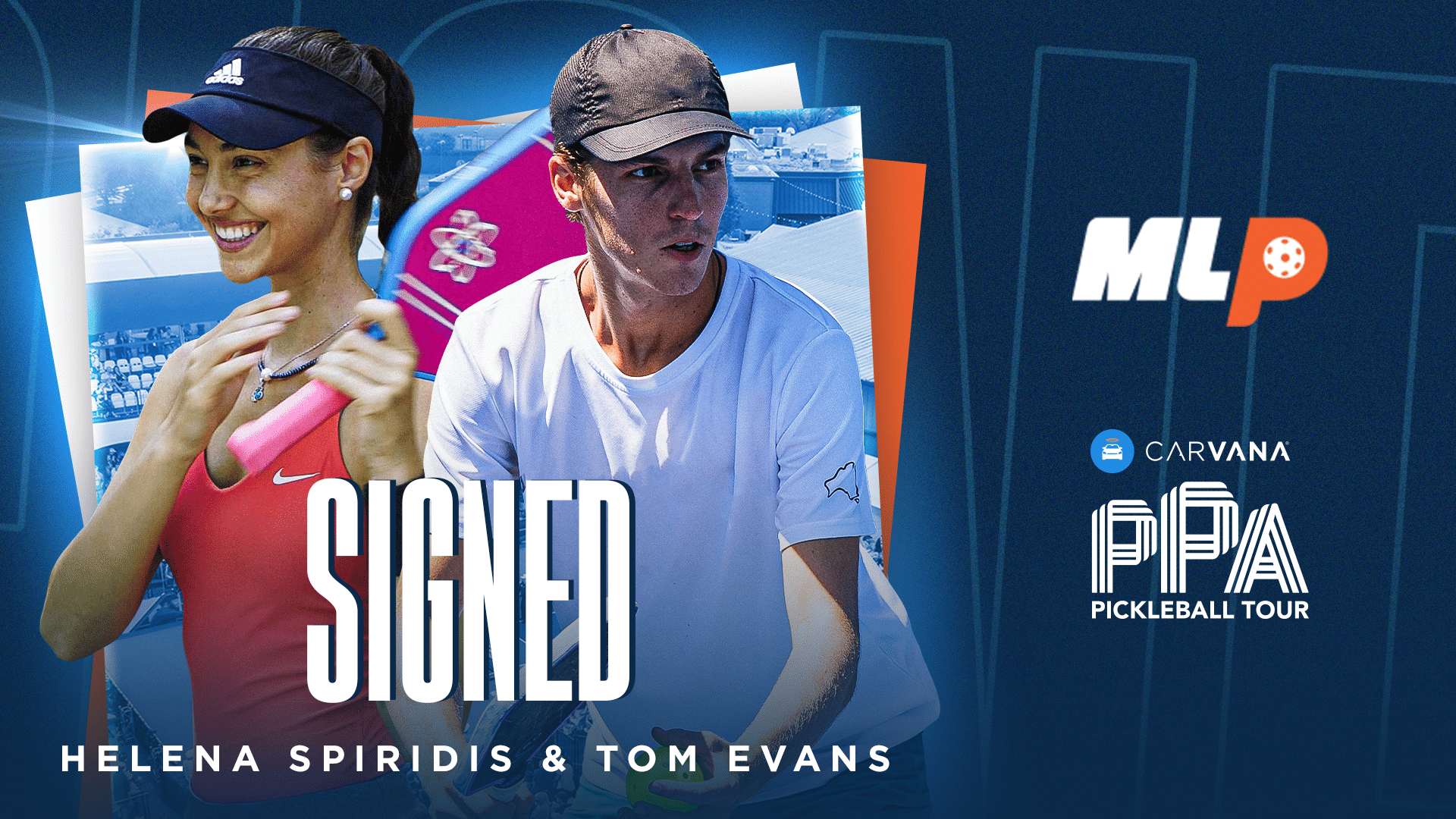
3 comments
You were trying to hit it over the net as low as possible. By hitting the cord you succeeded. No apology necessary. More like congratulations. I do it as well but we all know it’s a sorry not sorry
Since this sport is rapidly growing, the display of good sportsmanship is very important! I think most pros show good sportsmanship, however, there are a few that don’t. I find it difficult to support or cheer for those. There are young players that need good examples.
I remind opponents of the unwritten ground rule that net cord shots must be “called” beforehand until 2pm.